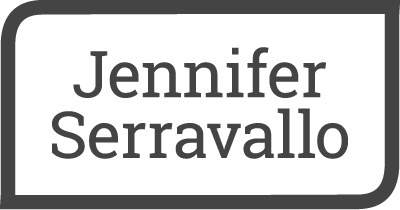Date and Time
Full-day workshop from 10:00 am to 4:00pm Eastern Time (ET).
Wednesday, May 1, 2024
Please note that this virtual mini-workshop is scheduled for Eastern Time (ET). If you are in a different time zone, please plan your schedule accordingly.
Overview
Drawing from the newly-released The Reading Strategies Book 2.0, a research-packed (700+ citations to the science of reading) revised and reimagined update to The New York Times’ bestselling resource, this workshop will help you use strategies effectively in your instruction—no matter what approach to literacy you use, or the grade level, developmental levels, or ages of the students you teach.
You’ll first learn about the broad research base for strategy instruction in reading and what makes an effective reading strategy. Then, you’ll learn about each reading goal: key research findings, skill progressions for systematic sequential teaching, tips for explicit teaching and feedback, and how to match assessments to strategies that matter most.
Next, you’ll move into grade-band breakout groups led by Jen’s colleagues to learn about each goal, practice assessing student work, and watch videos of Jen and her colleagues teaching K-8 readers in a variety of whole class and small group formats. This day will be comprehensive and cover a lot of content, engage you with activities and equip you to take what you learned back to the classroom right away.
Learning Objectives
Develop an understanding of research base for reading strategies, goal-directed instruction, and for each reading goal.
Learn practical strategies for assessing and evaluating reading.
Use skill progressions to identify strategies and track progress.
Craft strategies and feedback prompts and learn to match them to student goals.
Learn practical ways to guide student practice through conferences and small groups, and how to match methods to purposes.
Explore practical ways to manage differentiation, including notetaking and scheduling.
Who Should Participate
Classroom teachers of grades K-8, literacy coaches, school administrators, professors of education, school librarians, curriculum coordinators, and ELA supervisors.
